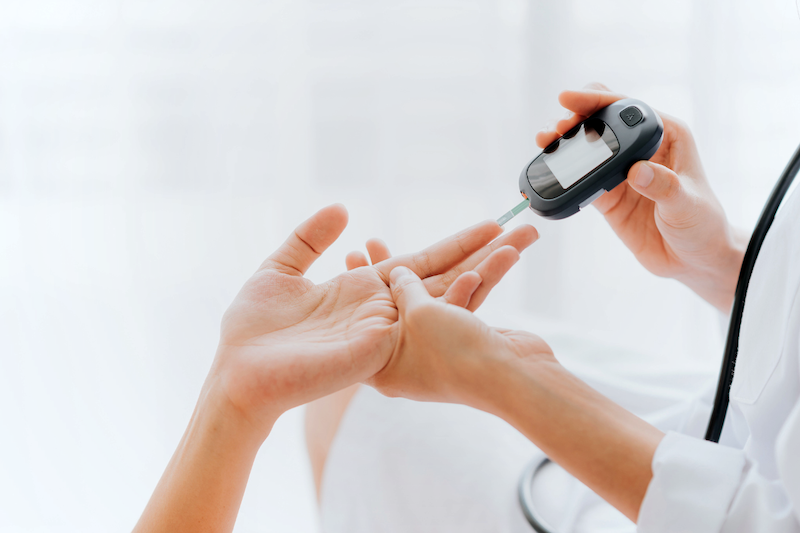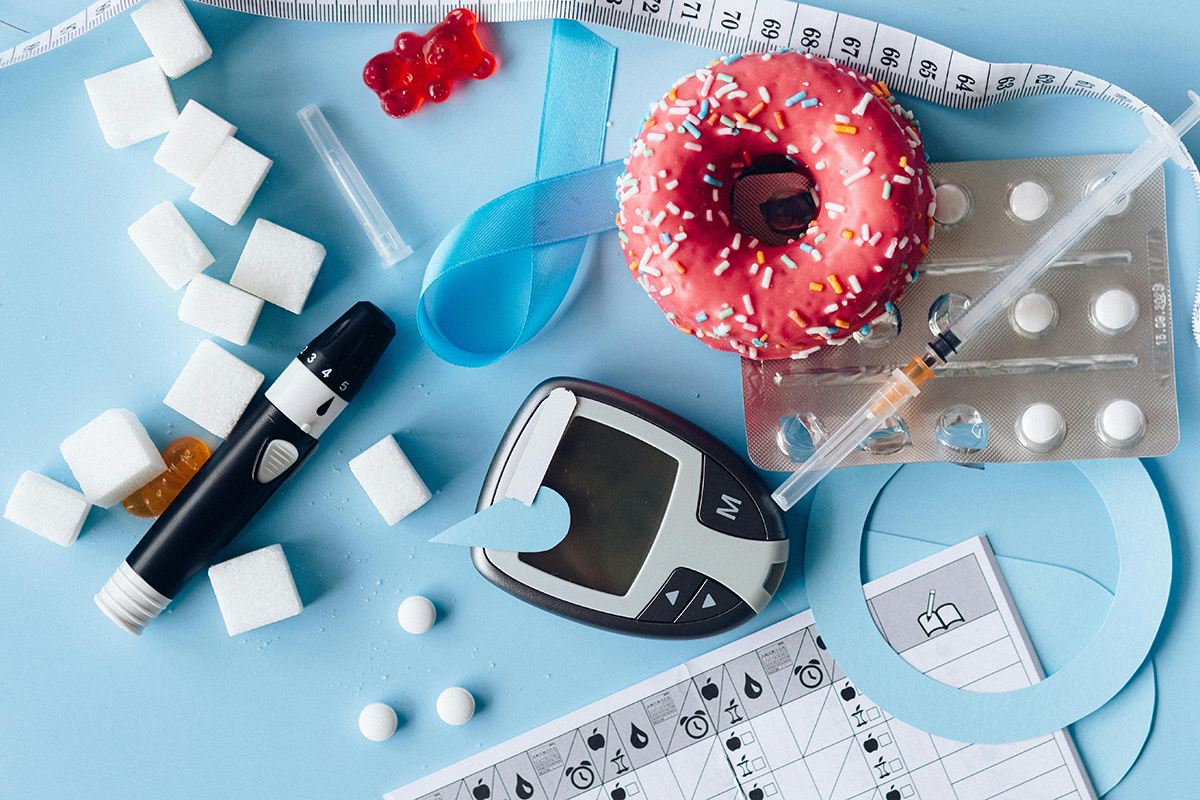I was just diagnosed with Type 2 diabetes, but I am not the typical patient. Should I be concerned something else is going on? I had gestational diabetes in all three of my pregnancies, and despite following a strict diet I still needed insulin. Now I am in my 40s. I follow a healthy diet and I exercise regularly. I maintain a healthy weight. I also don’t have any family history of diabetes. I know having gestational diabetes puts me at risk, but I was still surprised. Should I be asking my doctor about other causes of high blood sugar?
—Anonymous
Having gestational diabetes does put you at risk for developing Type 2 diabetes, but it can put you at risk for other types of diabetes as well. Pregnancy doesn’t cause the changes that lead to diabetes later in life; rather, it unmasks existing problems the body has with glucose metabolism. Those problems could be indicative of any type of diabetes. Though other types of diabetes are less common, when someone doesn’t fit the typical profile for Type 2 diabetes, it is important to explore other possible diagnoses because different types of diabetes may require different treatments.

Briefly, we typically think of four types of diabetes:
- Type 1 diabetes used to be called juvenile diabetes and results from an autoimmune attack on the insulin-producing cells of the pancreas. Part of the reason the name was changed is because while many people get diagnosed in their teens and 20s, you can be diagnosed at any age (I once diagnosed a woman in her 70s with Type 1 diabetes). People with Type 1 diabetes are less likely to have a family history of diabetes. The only treatment for it is insulin. But if Type 1 diabetes is identified early, patients can receive a treatment called teplizumab (Tzield) that can delay the need for insulin by a number of years.
- Type 2 diabetes is the most common type of diabetes and results from increased insulin resistance and the pancreas’s inability to keep up with insulin production. Type 2 diabetes typically develops after midlife, and people with it often have family members who also have Type 2 diabetes.
- Maturity-onset diabetes of the young (MODY) is a type of diabetes caused by a single gene mutation. There are five known mutations, and each mutation is associated with different severity and response to therapies. Usually MODY is inherited from a parent, but new mutations can also occur in an individual with no family history.
- Pancreatogenic diabetes results from damage to or removal of part of the pancreas. Damage can result from chronic pancreatitis or cystic fibrosis. Typically you know if you are at risk for developing this type of diabetes.
When I see a premenopausal woman with diabetes and with no family history of diabetes, I will always recommend testing to rule out other types of diabetes, even if the patient has overweight or obesity. Testing for Type 1 diabetes can be done with a simple blood test to check the levels of insulin being made by the pancreas and to look for the antibodies associated with Type 1 diabetes.
Testing for MODY is more complicated. There is a test performed by a specific lab that assesses for the five known gene mutations, but many insurance companies will not cover the test. However, I find the results exceedingly helpful if we learn that a patient does have MODY, because the results tell us exactly what to expect and what treatments are most effective for a given mutation.
The upshot: Most women who had gestational diabetes and who develop diabetes later in life develop Type 2 diabetes, but it is important to assess for other types of diabetes, especially when a woman does not have typical risk factors for Type 2 diabetes, such as family history.
Community Guidelines















Log in